March 8, 2018
Views:1 143
![Einstürzende Neubauten - Silence Is Sexy (2011) [Remastered]](/uploads/posts/2018-03/thumbs/1520548365_cover.jpg) Einstürzende Neubauten
Silence Is Sexy
(2011)
Einstürzende Neubauten
Silence Is Sexy
(2011)
![Einstürzende Neubauten - Silence Is Sexy (2011) [Remastered]](/uploads/posts/2018-03/thumbs/1520548365_cover.jpg) Einstürzende Neubauten
Silence Is Sexy
(2011)
Einstürzende Neubauten
Silence Is Sexy
(2011)
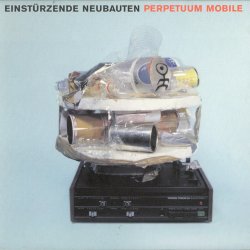 Einstürzende Neubauten
Perpetuum Mobile
(2004)
Einstürzende Neubauten
Perpetuum Mobile
(2004)
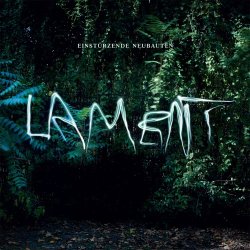 Einstürzende Neubauten
Lament
(2014)
Einstürzende Neubauten
Lament
(2014)
![Einstürzende Neubauten - Kollaps (2003) [Remastered]](/uploads/posts/2018-03/thumbs/1520547742_cover.jpg) Einstürzende Neubauten
Kollaps
(2003)
Einstürzende Neubauten
Kollaps
(2003)
![Einstürzende Neubauten - Haus Der Lüge (2002) [Remastered]](/uploads/posts/2018-03/thumbs/1520547745_cover.jpg) Einstürzende Neubauten
Haus Der Lüge
(2002)
Einstürzende Neubauten
Haus Der Lüge
(2002)
 Einstürzende Neubauten
Greatest Hits
(2016)
Einstürzende Neubauten
Greatest Hits
(2016)
![Einstürzende Neubauten - Fünf Auf Der Nach Oben Offenen Richterskala (2002) [Remastered]](/uploads/posts/2018-03/thumbs/1520547492_cover.jpg) Einstürzende Neubauten
Fünf Auf Der Nach Oben Offenen Richterskala
(2002)
Einstürzende Neubauten
Fünf Auf Der Nach Oben Offenen Richterskala
(2002)
![Einstürzende Neubauten - Ende Neu (2009) [Remastered]](/uploads/posts/2018-03/thumbs/1520547453_cover.jpg) Einstürzende Neubauten
Ende Neu
(2009)
Einstürzende Neubauten
Ende Neu
(2009)
 Einstürzende Neubauten
Alles Wieder Offen
(2007)
Einstürzende Neubauten
Alles Wieder Offen
(2007)
![Einstürzende Neubauten - ½ Mensch (2002) [Remastered]](/uploads/posts/2018-03/thumbs/1520547297_cover.jpg) Einstürzende Neubauten
½ Mensch
(2002)
Einstürzende Neubauten
½ Mensch
(2002)
![Plume Varia - Love / Limit (2018) [Single]](/uploads/posts/2018-02/thumbs/1519219905_cover.jpg) Plume Varia
Love / Limit
(2018)
Plume Varia
Love / Limit
(2018)
 Acts Of Kindness, Sleepy Visions
Pale Throne
(2018)
Acts Of Kindness, Sleepy Visions
Pale Throne
(2018)
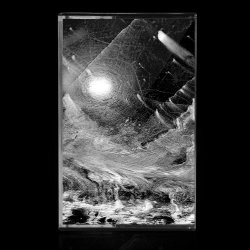 Grand Mal X
Before Life
(2015)
Grand Mal X
Before Life
(2015)
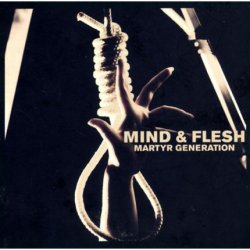 Mind And Flesh
Martyr Generation
(2012)
Mind And Flesh
Martyr Generation
(2012)
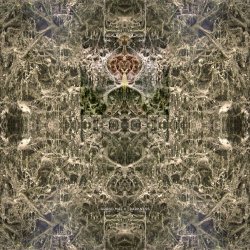 Grand Mal X
Darkness
(2018)
Grand Mal X
Darkness
(2018)
![Grand Mal X - KESS05 (2017) [EP]](/uploads/posts/2018-02/thumbs/1518576535_cover.jpg) Grand Mal X
KESS05
(2017)
Grand Mal X
KESS05
(2017)
![Grand Mal X - Life (2014) [EP]](/uploads/posts/2018-02/thumbs/1518576517_cover.jpg) Grand Mal X
Life
(2014)
Grand Mal X
Life
(2014)
![Grand Mal X - Stealth Minds (2013) [EP]](/uploads/posts/2018-02/thumbs/1518576376_cover.jpg) Grand Mal X
Stealth Minds
(2013)
Grand Mal X
Stealth Minds
(2013)
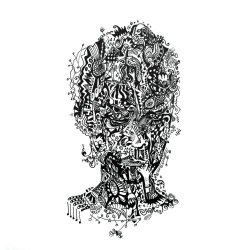 Marsmobil
Fairytales Of The Supersurvivor
(2018)
Marsmobil
Fairytales Of The Supersurvivor
(2018)
 Marsmobil
Une Affaire De Mode Et De Musique
(2007)
Marsmobil
Une Affaire De Mode Et De Musique
(2007)
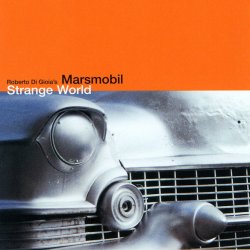 Marsmobil
Strange World
(2003)
Marsmobil
Strange World
(2003)
![Marsmobil - Munich Loves You (2006) [Single]](/uploads/posts/2018-02/thumbs/1518334645_cover.jpg) Marsmobil
Munich Loves You
(2006)
Marsmobil
Munich Loves You
(2006)
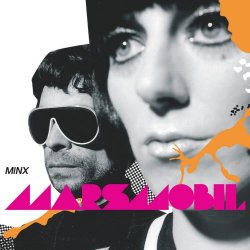 Marsmobil
Minx
(2006)
Marsmobil
Minx
(2006)
![Marsmobil - Mangia Amore / Supersonic Mind (2007) [EP]](/uploads/posts/2018-02/thumbs/1518334455_cover.jpg) Marsmobil
Mangia Amore / Supersonic Mind
(2007)
Marsmobil
Mangia Amore / Supersonic Mind
(2007)
-
 hillsalex
admin, this is an awesome feature. Thanks much for your
hillsalex
admin, this is an awesome feature. Thanks much for your
-
 net.fraleet
Track 8 featuring Claudia Blackstar is my favourite track!
net.fraleet
Track 8 featuring Claudia Blackstar is my favourite track!
-
 Carmila03
Reup please! 😉
Carmila03
Reup please! 😉
-
 Carmila03
Reup please!
Carmila03
Reup please!
-
 Noirs
Nice!
Noirs
Nice!
-
 Noirs
Cool!
Noirs
Cool!
-
 carlmcoy
Great
carlmcoy
Great
-
 HYPNAS
Very good Idea !!!
HYPNAS
Very good Idea !!!
-
 HYPNAS
Thanks DS for this great band underrated at the time like
HYPNAS
Thanks DS for this great band underrated at the time like
-
 blacksmith75
Great DS !!!!
blacksmith75
Great DS !!!!
View more »